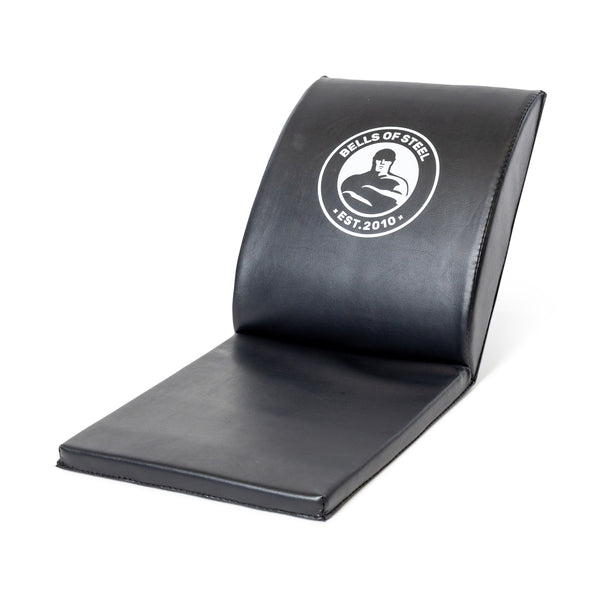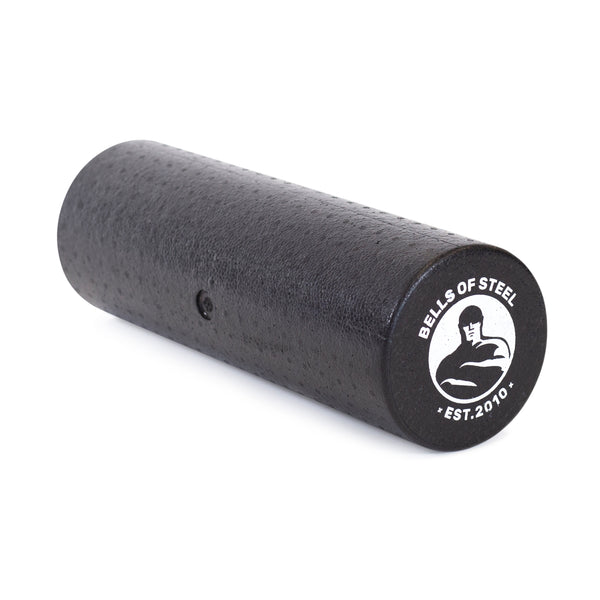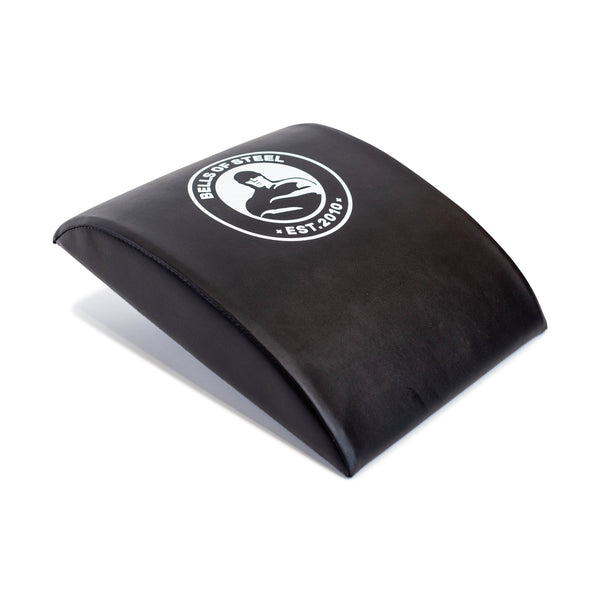Stress is like that annoying friend who crashes your workout party uninvited, throws your whole routine off, and leaves you feeling exhausted.
As strength trainers and home gym enthusiasts, we put a lot of effort into our workouts, but what happens when stress creeps in? Spoiler alert: it’s not pretty!
Let’s break down how stress affects recovery and what you can do to keep it from crashing your gains.
1. Increased Cortisol Levels: The Workout Wrecker
When you're under stress, your body goes into fight-or-flight mode, releasing a delightful hormone called cortisol. While a little cortisol can be beneficial for energy during workouts, chronic stress leads to consistently high levels, which can:
- Inhibit Muscle Recovery: High cortisol levels can impair protein synthesis, making it harder for your muscles to repair and grow after those killer leg days.
- Increase Fat Storage: Elevated cortisol can lead to increased fat storage, particularly around the abdomen. This isn't the type of "growth" we're looking for!
Tip: Incorporate relaxation techniques like deep breathing, yoga, or meditation to keep cortisol levels in check.
2. Poor Sleep Quality: The Nightmare Scenario
Ever try to lift heavy on a bad night's sleep? Not fun! Stress can seriously mess with your sleep patterns, leading to:
- Longer Recovery Times: Sleep is when your body does most of its healing. Less sleep means longer recovery.
- Decreased Performance: Sleep deprivation can impact your strength and endurance, making workouts feel like a struggle.
Tip: Establish a nighttime routine to promote better sleep. Limit screen time before bed and consider some calming tea or reading a good book to help wind down. Consider leaving your phone in another room or out of reach, using tools like “screen time” to help offset the doom scrolling.
3. Increased Muscle Tension: No Pain, No Gain?
Stress can lead to increased muscle tension and tightness, resulting in:
- Injuries: Tight muscles are more prone to strains and injuries. Ouch!
- Impaired Range of Motion: If your muscles are as tight as a drum, your range of motion during exercises can be severely limited.
Tip: Incorporate regular stretching and mobility work into your routine. Foam rolling can also work wonders to release muscle tension. Check out our articles on injury prevention from our favorite physiotherapist pal here.
4. Weakened Immune System: The Germ Magnet
Stress can be a sneaky saboteur of your immune system. When you’re stressed out, your body produces inflammatory markers, leading to:
- Increased Illness: A weakened immune system means you're more susceptible to colds and other illnesses that can derail your training schedule.
- Delayed Recovery: If you do get sick, recovery from workouts can take a backseat, putting you further behind your fitness goals.
Tip: Focus on nutrition and hydration. Eating a balanced diet rich in vitamins and minerals can help support your immune system.
5. Reduced Motivation: Gym Gloom
When stress hits hard, motivation can take a nosedive, leading to:
- Skipping Workouts: Stress may make you feel like staying home and binge-watching your favorite show instead of hitting the gym.
- Decreased Intensity: Even if you make it to the gym, you might not give it your all if your mind is elsewhere.
Tip: Set small, achievable goals. They can help reignite your motivation and remind you why you started lifting in the first place. 10 minute workouts are better than no minute workouts. Having a home gym can help. Throw on that comfort show and get moving.
6. Poor Nutritional Choices: Stress Eating Strikes Again
Stress can also lead to poor eating habits, such as:
- Emotional Eating: Stress may drive you to seek comfort in junk food, leading to less-than-ideal nutrition for recovery.
- Inconsistent Meal Timing: Forgetting to eat or grabbing whatever’s easy can hinder your recovery.
Tip: Meal prep is your friend! Preparing healthy meals in advance can help you stay on track, even when stress tries to derail your nutrition. Consider the out of sight, out of mind rule. If trigger foods aren’t readily available, you’re less likely to chow down. If you’re in a rush, opt for a roasted chicken and prepped veggies from the local store, rather than fast food.
7. Mental Fatigue: The Brain Drain
Let’s not forget about mental fatigue! Stress can leave you feeling mentally drained, leading to:
- Difficulty Focusing: You might find it harder to concentrate on your workouts, technique, or programming.
- Lower Enjoyment: Stress can suck the joy out of your training, making it feel more like a chore than a passion.
Tip: Incorporate fun into your training. Try new exercises, join a group class, or switch up your routine to keep things fresh and enjoyable. Get a buddy and start a challenge. You’ve got this!
Strategies for Overcoming Stress and Prioritizing Recovery
Now that we've covered how stress affects recovery, here are some strategies to help you manage stress and keep your recovery on point:
1. Mindfulness and Meditation
Incorporating mindfulness practices into your daily routine can help reduce stress levels. Even just a few minutes of meditation can make a difference! It sounds kind of woo-woo (take it from a former skeptic), but it’s ultimately learning how to clear your mind of stressful thoughts so you can tackle the day.
2. Physical Activity Outside the Gym
Engaging in activities outside of your regular workout can relieve stress. Whether it’s going for a walk in nature, cycling, or dancing, find something that gets you moving and smiling. Never underestimate the restorative physical and mental benefits of a good walk. Throw on your headphones or call a friend to keep yourself entertained.
3. Connect with Others
Talking to friends or family about your stressors can help lighten the load. Plus, a good laugh is a great stress reliever!
4. Seek Professional Help if Needed
If stress is becoming unmanageable, don't hesitate to seek professional guidance from a therapist or counselor. They can provide tools to cope effectively. There’s a common misconception that stress is a normal part of life and not tied to mental wellness. It is a normal part of life, but it shouldn’t be all consuming. Working with a mental health professional can help you implement strategies to work through stress before this molehill becomes a mountain.
5. Prioritize Rest and Recovery
Make sure to schedule rest days into your training program. Your body needs time to recover, and that includes mental recovery too! If you’ve got the itch to keep moving, think “active recovery.” Light cardio, mobility work, walking and yapping like we mentioned earlier.
6. Keep a Training Journal
Logging your workouts and feelings can help identify patterns in your stress and recovery. It’s a great way to track progress and stay motivated. Go beyond your weights and reps; log how you felt afterwards and any challenges you faced.
7. Limit Caffeine and Alcohol
Excessive caffeine and alcohol can exacerbate stress and hinder recovery. Moderation is key! Am I writing this while taking another sip of coffee to fuel my aggressive typing? You betcha. ☕
Conclusion: Stress Less, Lift More!
At the end of the day, managing stress is crucial for your recovery and overall health. By recognizing how stress affects your body and implementing strategies to combat it, you’ll set yourself up for success in your strength training journey. Remember, the goal is to enjoy the process and celebrate your progress—one rep at a time!
So, take a deep breath, stretch it out, and let’s get back to those gains! If you're looking to level up your home gym, check out the Bells of Steel Best-Seller Collection for some incredible equipment that'll make every workout a blast.



